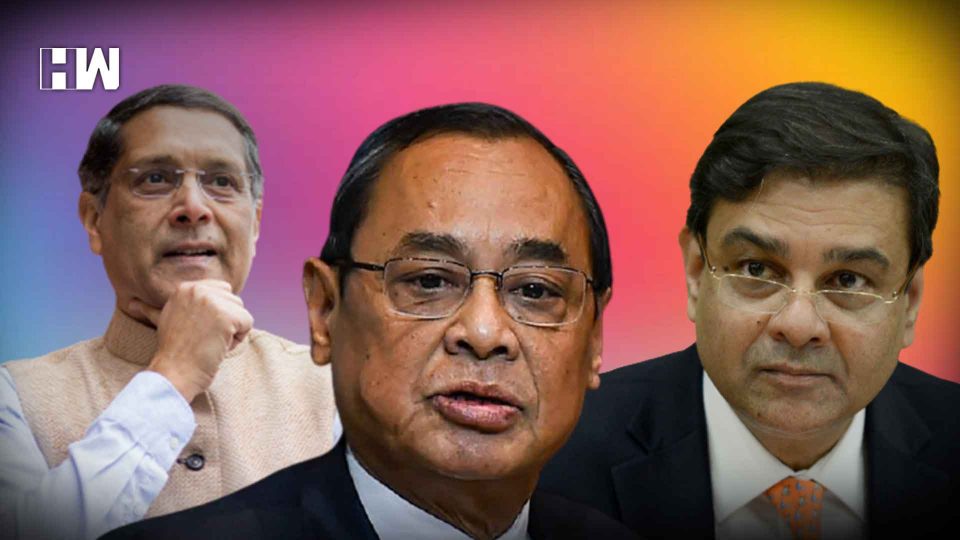It happens too often in India, that persons who headed institutions did/spoke nothing when on the chair and had the power to change the system.
The controversial, former Chief Justice of India, whose tenure was mired in shocking sexual harassment allegations, and who is now a Rajya Sabha member, made some interesting remarks the other day. He said:
- He will not go to the Supreme Court with his grievance, because he would have to wait endlessly for a verdict.
- Only corporations, willing to take chances with their millions of rupees, go to the Supreme Court.
- If you were to go to the Court, you’d be only washing your dirty linen in the Court. You won’t get a verdict.
- You want a $5trn economy, but you have a “ramshackled” judiciary.
While these remarks confirm the pathetic state of affairs of Indian courts and the huge disappointment/frustration/bitterness and anger that litigants face, deprived of justice that they deserve, such remarks made by a top-ranking person after his retirement is nothing new. It happens too often in India, that persons who headed institutions did/spoke nothing when on the chair and had the power to change the system and speak out only later, when they are no longer on the chair and are devoid of powers to reform the system. The truth that they now express after retirement loses all the power and potency it has, had it been stated when they were in power.
Take the case of S C Garg the former Finance Secretary (FS). He was at the forefront of creating bad blood between the government and the RBI, which finally led to the resignation of the RBI governor Dr Urjit Patel. He used to aggressively present the government’s claim of a rosy economy. But after his unhappy retirement, he changed his stance. He said in an article that the government’s contention of its fiscal deficit figures was not what it claimed to be. He said that the actual fiscal deficit in FY 18 was 4.39% of GDP and not 3.3% as was claimed by the government and that in FY 2019 it was 4.66% and not 3.4% as the government claimed it. He also said that if the off-budget liabilities of the government were included, the fiscal deficit would rise by 4.5%. But he never said all this when he was the Finance Secretary of India.
Or take the case of Arvind Subramanian, a top economist and the former Chief Economic Advisor (CEA) of India. After his retirement, he said that India’s GDP growth rate was overstated by at least 2.5% p.a. from 2012 to 2017 when even he was the CEA of the country and was responsible for the authenticity of this data. In other words, it was under his watch that the government grossly overstated India’s GDP growth rate and the state of the Indian economy, which he never did object to.
Even Dr Urjit Patel, the former RBI governor who chose to retire in dignified silence rather than confront the government, only after his retirement stated at a Stanford University event that even the RBI as the banking regulator had overlooked risk management of banks and had failed to check/identify the build-up of NPAs that have rotted India’s banks. He thus said that the capital adequacy of PSBs is overstated, meaning that their financial position is not what it is claimed to be. Similarly, top bankers often admit to political meddling in the functioning of banks, but only upon their retirement.
These men of eminence who headed India’s top positions/bodies, whether it be the former CJI, CEA, FS or the RBI governor have grossly let down the nation by keeping quiet when in power and choosing to speak later when they were powerless. The system could have been reformed, cured, strengthened, improved if they had been then vocal, but they chose not to do so.
It only raises questions about their conduct, rather misconduct in doing so :
- Why do they speak up the truth only after they are not on the chair?
- They knew it all when they were in power, then why did they keep quiet?
- Why did they keep quiet and let the system erode/deteriorate further?
- Is it that they all live in glass houses and fear that they themselves will be exposed if they expose the system when in power?
- What compels them to toe the line when in power?
- Are such post-retirement disclosures made only to create a sensation and to gain attention?
- Are they not guilty of dereliction of duty, like a watchman who keeps quiet?
These eminent men did little when they headed the system and their later change of heart, seems to lack bonafide. Their silence when in power had ulterior motives, and so is their speech post-retirement.
As an independent media platform, we do not take advertisements from governments and corporate houses. It is you, our readers, who have supported us on our journey to do honest and unbiased journalism. Please contribute, so that we can continue to do the same in future.

